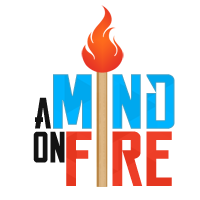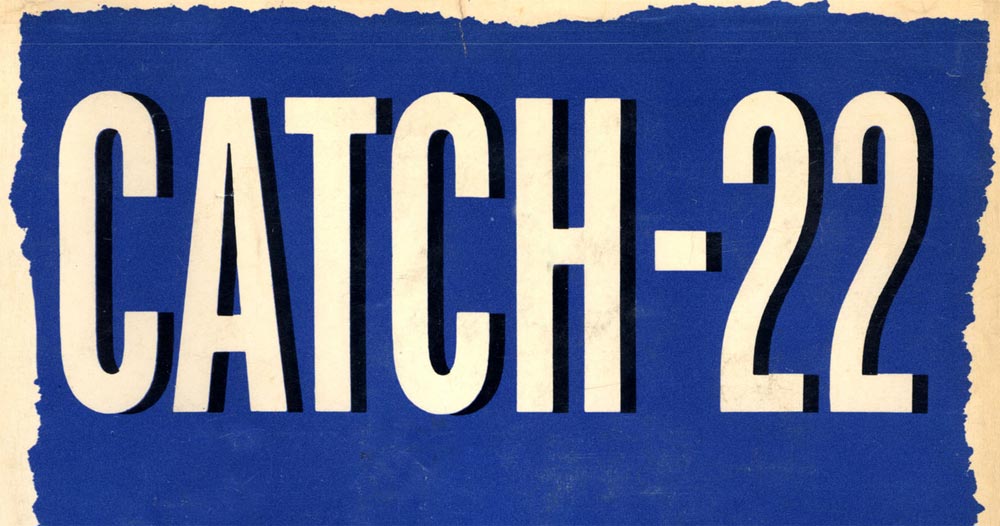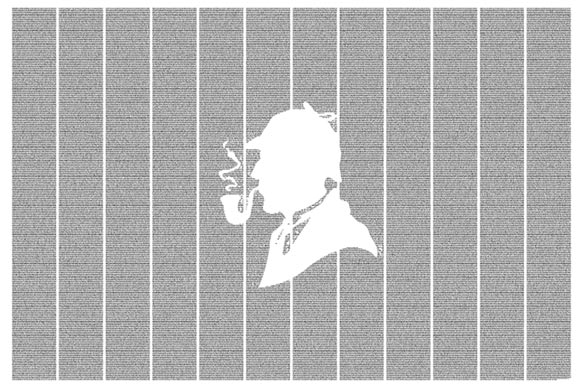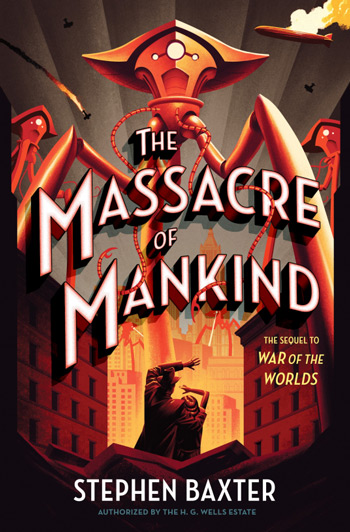I Wear The Black Hat Review
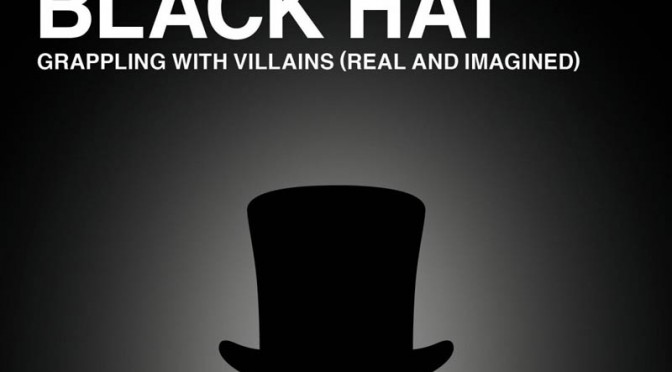
Chuck Klosterman has solid points on what makes up a “bad guy.” Are his points worth your time?
When buying “I Wear The Black Hat” by Chuck Klosterman, I had no idea what to expect. To be honest, the cover and the phrase “Now With Bonus Villainy” was enough for me to warrant the purchase. I hoped it covered fictional villains like the Joker, Lex Luthor, Terminator and others too numerous to mention.
I thought “I Wear The Black Hat” would dig deep in to the collective American experience, using historical or scientific data to explain why some villains are just so damned likeable.
I was wrong. Partly.
Instead of focusing solely on fictional characters, “I Wear The Black Hat” covers a wide range of perceived bad guys. From real to fictional, political figures to athletes, musicians to cartoon characters and almost everything in between.
Klosterman’s approach to villainy, or specifically this book, is thoughtful, well articulated, and easy to read. But certain parts, specifically his itemized list of musicians he hated by decade, tend to drag and detract from what, I think, he’s trying to accomplish.
I have to use “I think” when talking about Klosterman’s overall goal since I found it difficult to follow what he was trying to say. I don’t think that’s a knock on Klosterman or this piece, but more on my own reading comprehension.
And that’s fine.
This collection of essays, 14 total and approximately 20 pages each, are meant to be picked up and read again. Klosterman does a fine job crafting each essay as stand alone entries. In two weeks, months or years, I can pick that book up and give it another go, paying more attention to what he’s attempting to say.
As far as essay collections go, well, I don’t know how this one stacks up against the rest. I’ve only attempted one other collection and that was “The Simpsons and Philosophy: the D’oh! of Homer.” And even though I hadn’t looked at that in over a decade, I can remember those essays being difficult.
“The D’oh! of Homer” needed readers to have, I think, a basic understanding of philosophical principles and influential thinkers to understand the essays. At the time I bought the Simpsons work, I was in the Navy and boot camp didn’t exactly cover Plato, Descartes, or Sartre.
What Klosterman does well with “Black Hat” is explain historical situations without boring the reader (me) to death. I know who Howard Cosell is, but I didn’t know he was widely regarded as a pompous ass on Monday Night Football. But I do now. That’s how he does his entries when referencing something historical. Boils it down without sounding condescending or oversimplifying things (accept where he specifically states he’s oversimplifying things).
When I picked this up, I was expecting fictional villains, but got a mixture of both fictional and real world examples. I would have been happy reading about the former, but glad I got the latter. While I can’t think of a specific reason for other’s not to buy this work, I’m hesitant to boldly recommend it at full retail price. But if you’re okay with the digital price or the used version, then go for it.
Read it. Then let us know what you think in the comments below.
